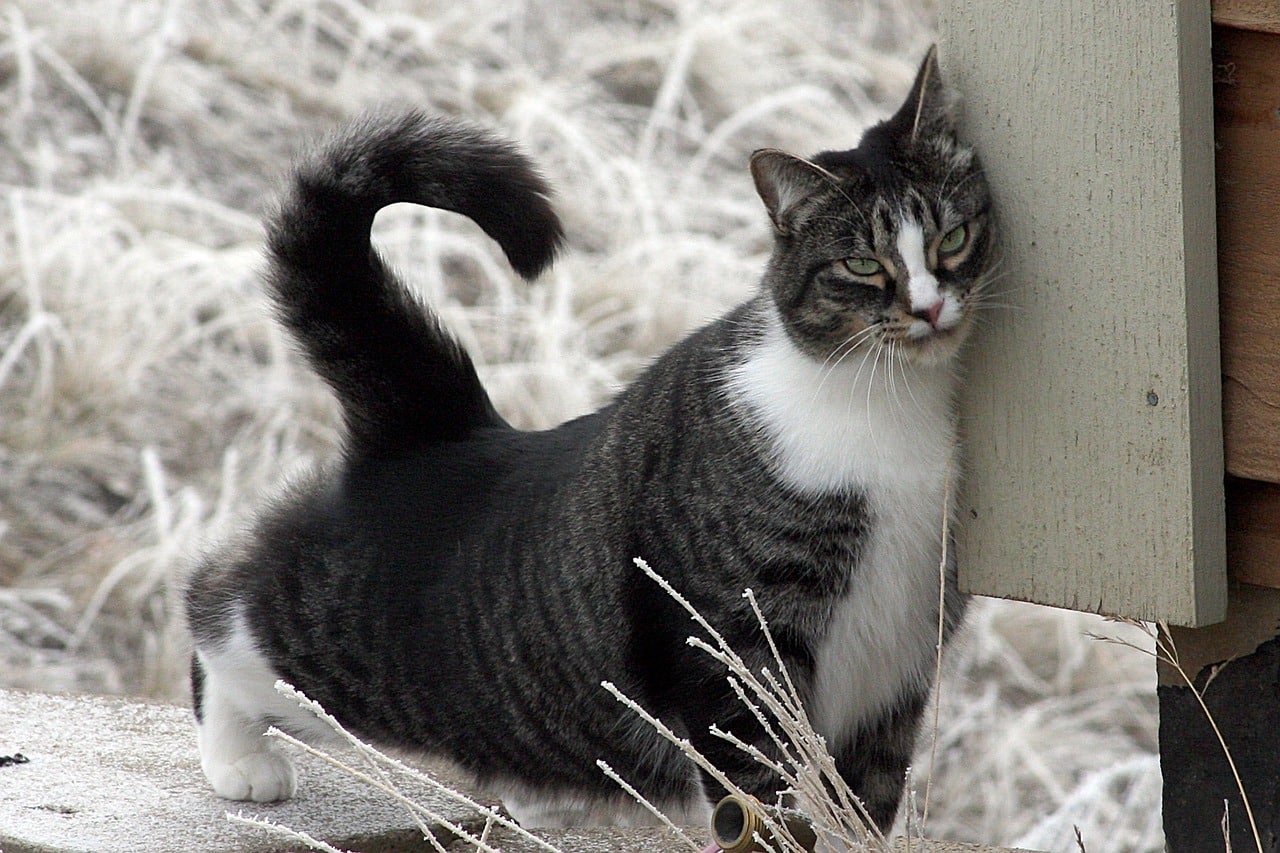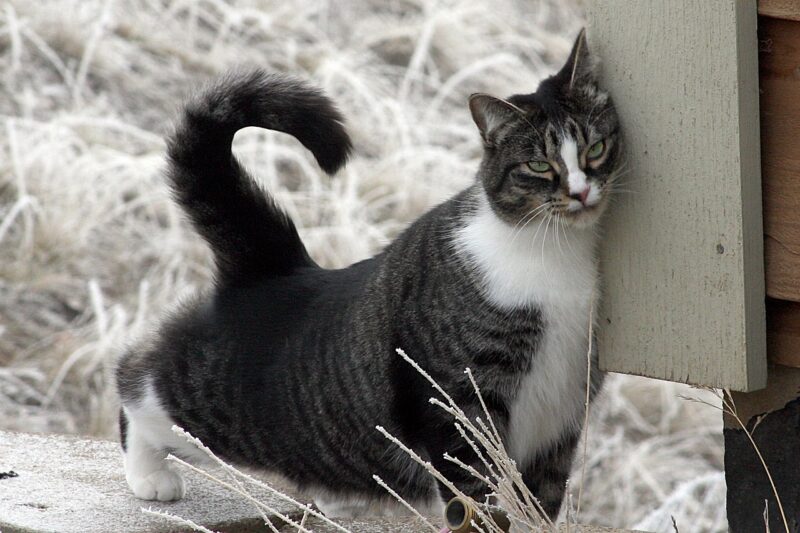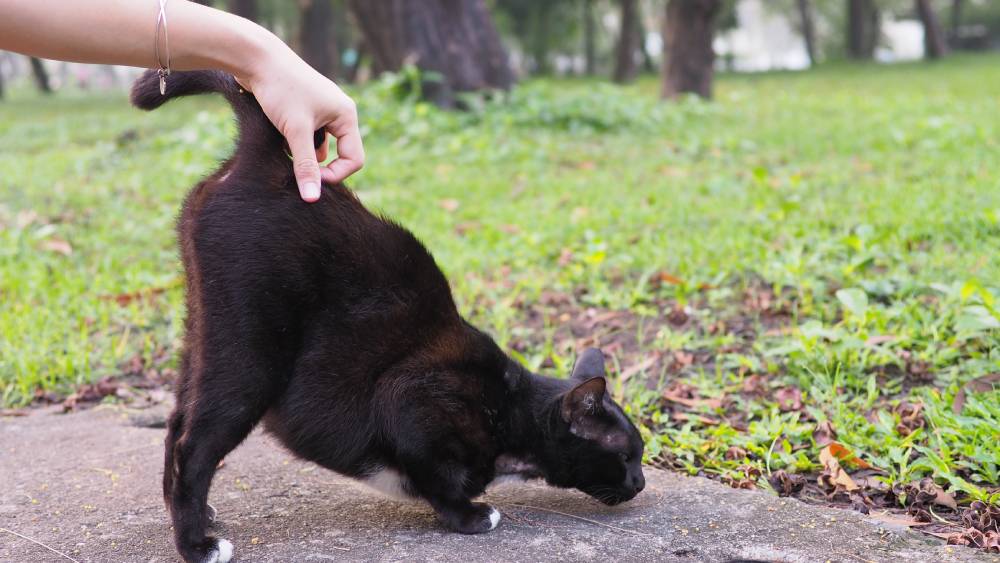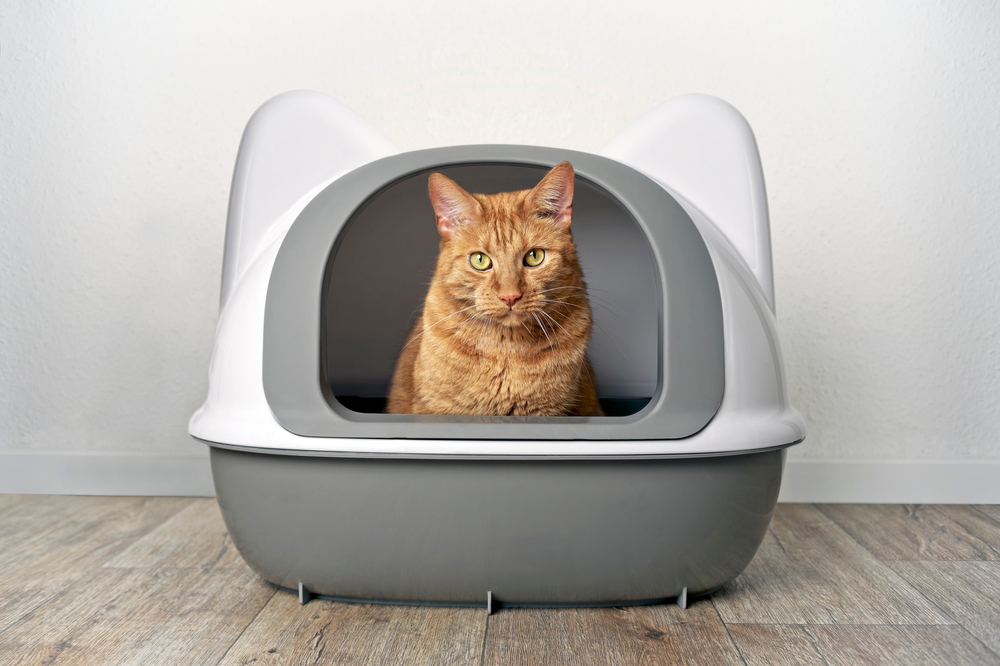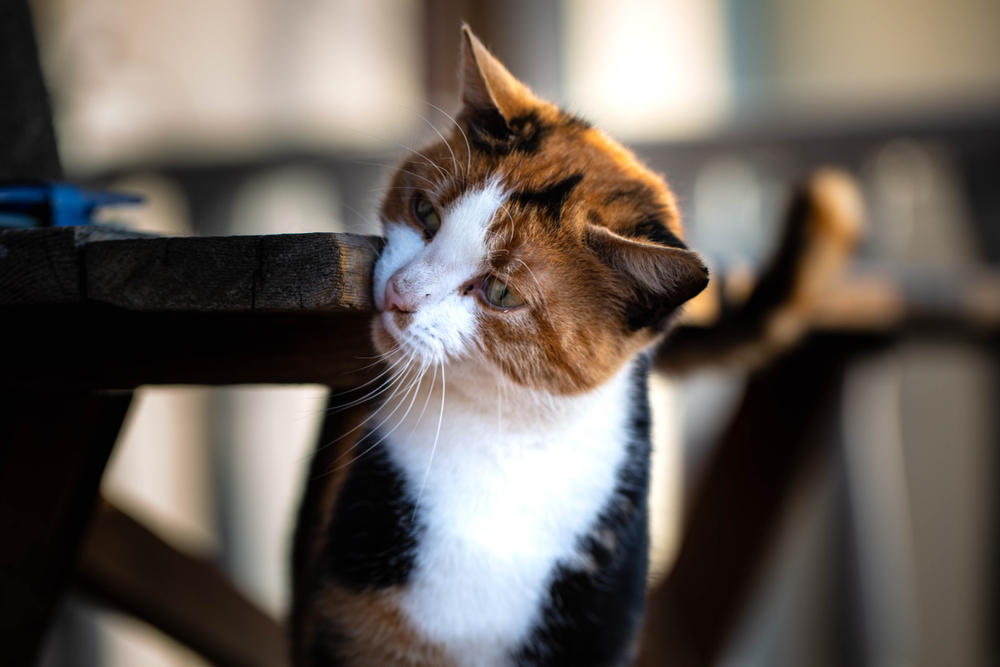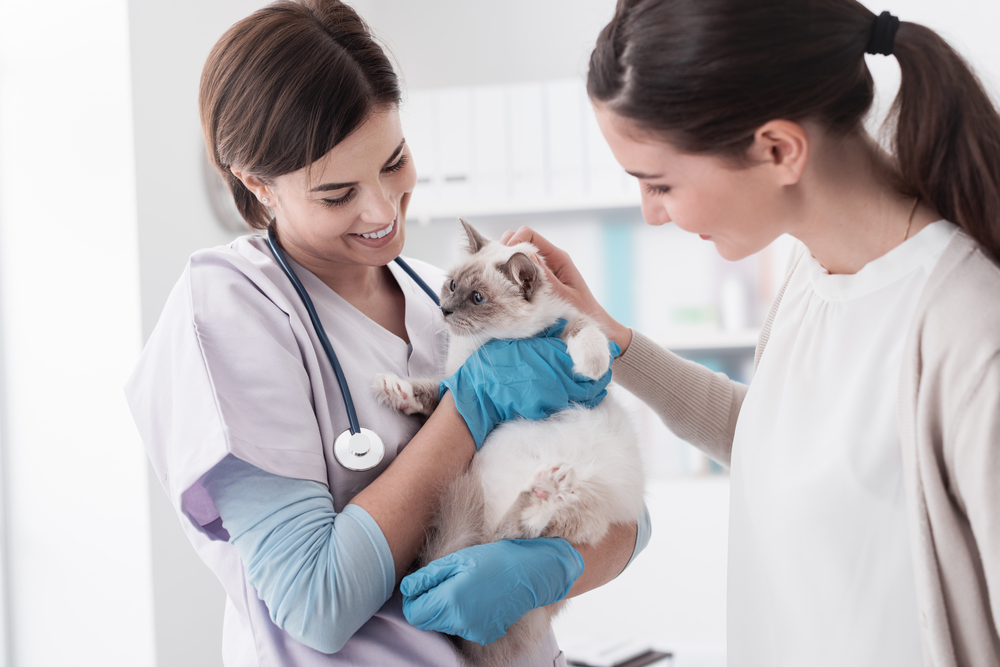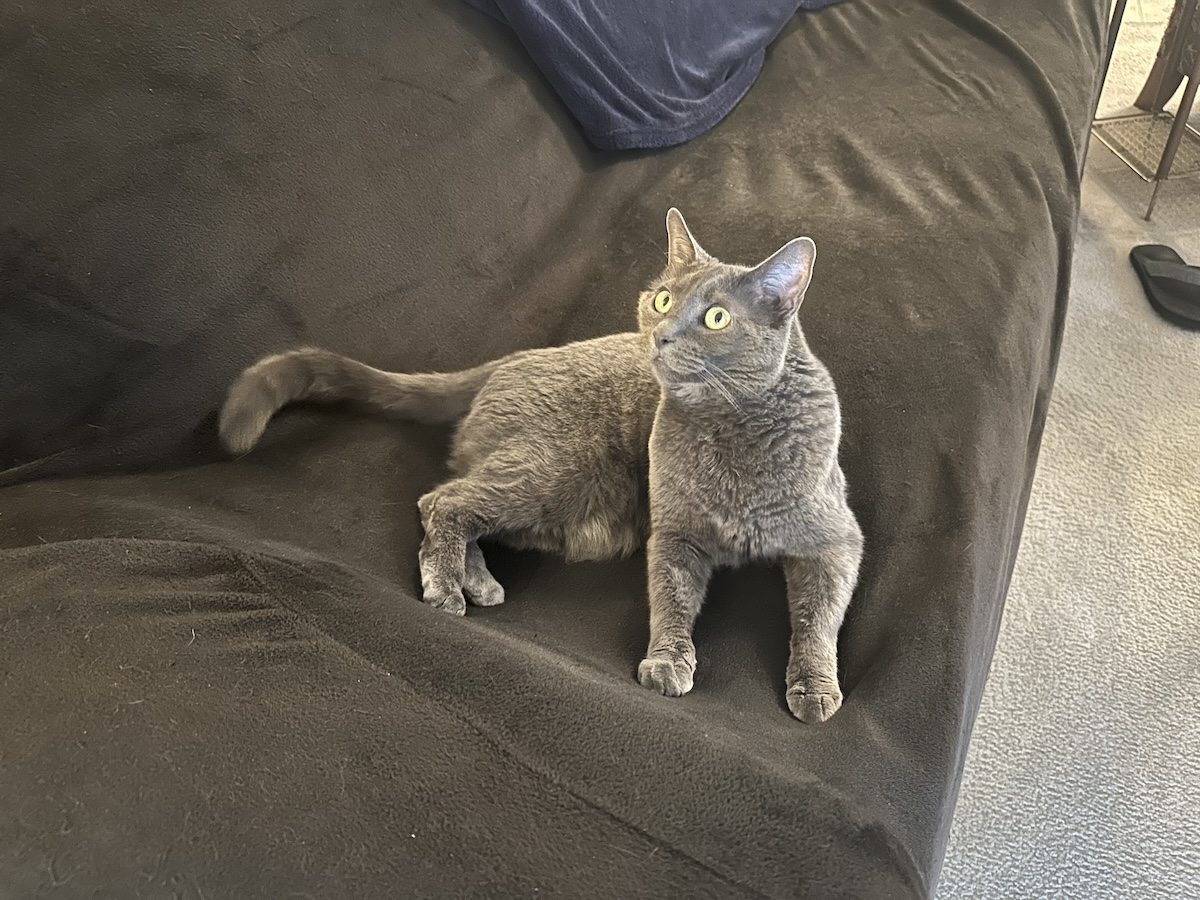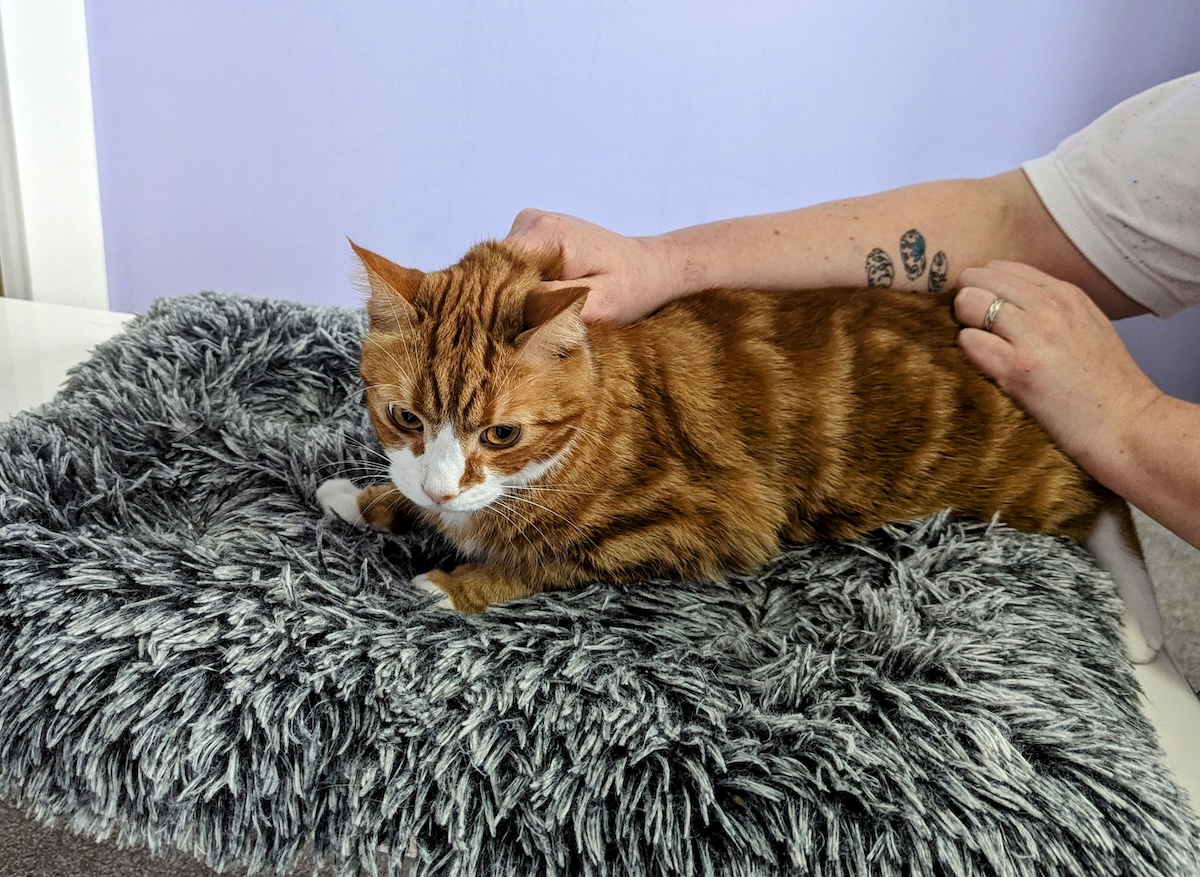Cats do all sorts of strange and wonderful things, like racing around your house at 2 a.m. or hiding dead mice under your shoes. But have you noticed that your kitty seems to like to rub their face on everything they come across?
This behavior may seem odd and inexplicable to you, but there are actually solid reasons that your cat seems to love it so much. We cover six of the most common explanations, so you can finally decipher at least one of your pet’s mysterious habits.

The 6 Reasons That Cats Love to Rub Their Face on Things
1. They’re Transferring Their Scent
This is generally believed to be the most common reason for this behavior. Unlike humans, cats rely heavily on their sense of smell, and they can use odors to communicate with other cats in the area. They have scent glands in their cheeks, and when they rub their face against yours, they’re transferring their own scent to you via a process known as “bunting.”
This effectively “claims” you, as it lets other cats know that you belong to them. Using scent to claim items is also why cats pee on so many things, so be thankful that they’ve only claimed your face with their cheeks.
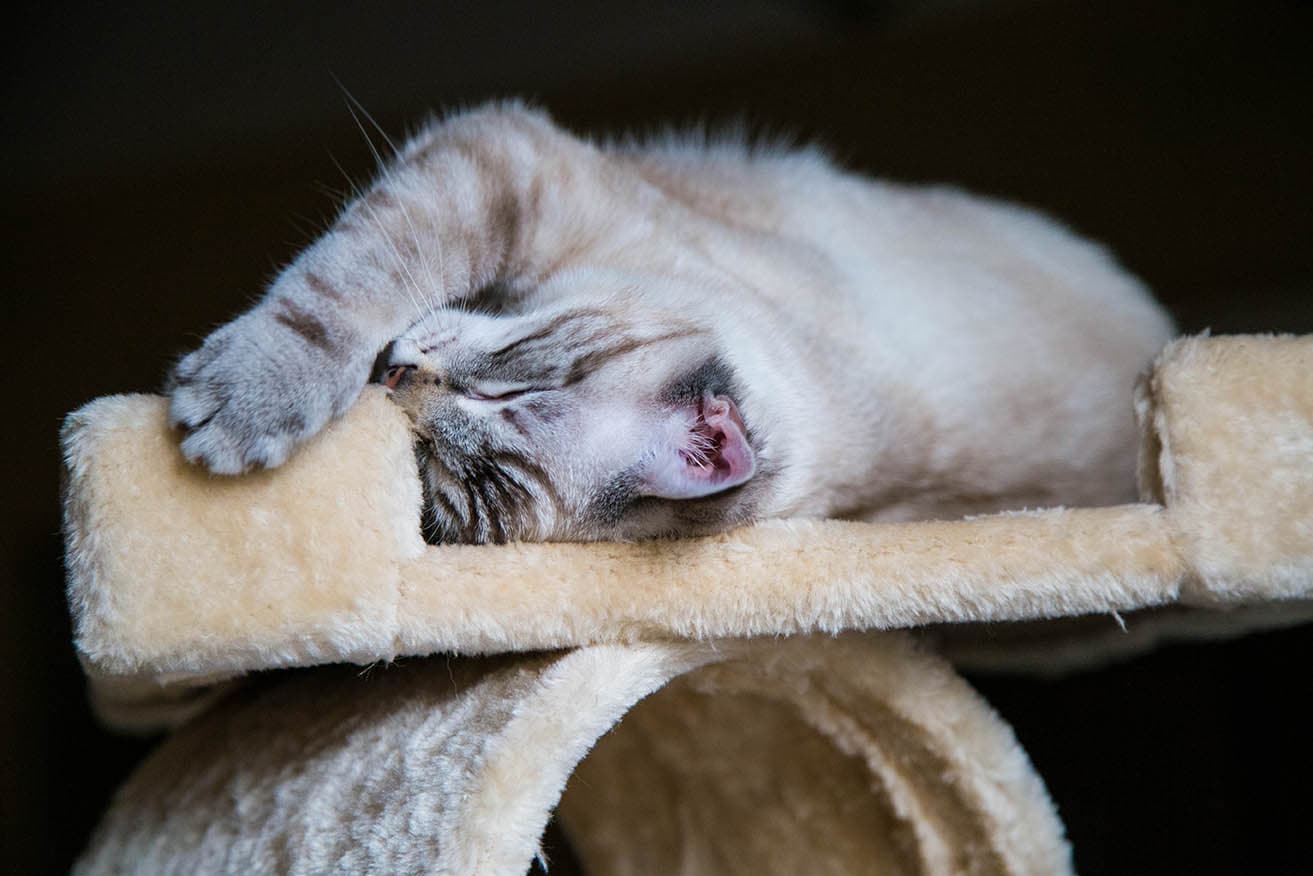
2. They’re Alerting Other Cats to Their Presence
There’s more to a cat’s scent-based communication than simply leaving their odor on an object. The strength of that odor also gives other cats plenty of important information.
Simply put, the more recently that they’ve rubbed against something, the stronger the scent trail they leave will be. The relative strength of the odor tells other cats in the area how recently your cat has been around, which lets them know of their presence in your living space.
3. They Want to Pick Up Your Scent
Cats don’t just transfer their own scent when they rub up against something—they also pick up odors from the object that they rub on. If that’s your face, then that means they’ll walk away smelling of you just as much as you smell of them (possibly even more so, if you’re wearing perfume or aftershave or simply haven’t showered in a few days).
This is thought to be a sign of affection. Not only are they letting the world know that you belong to them, but they’re also sending out signals that they belong to you.
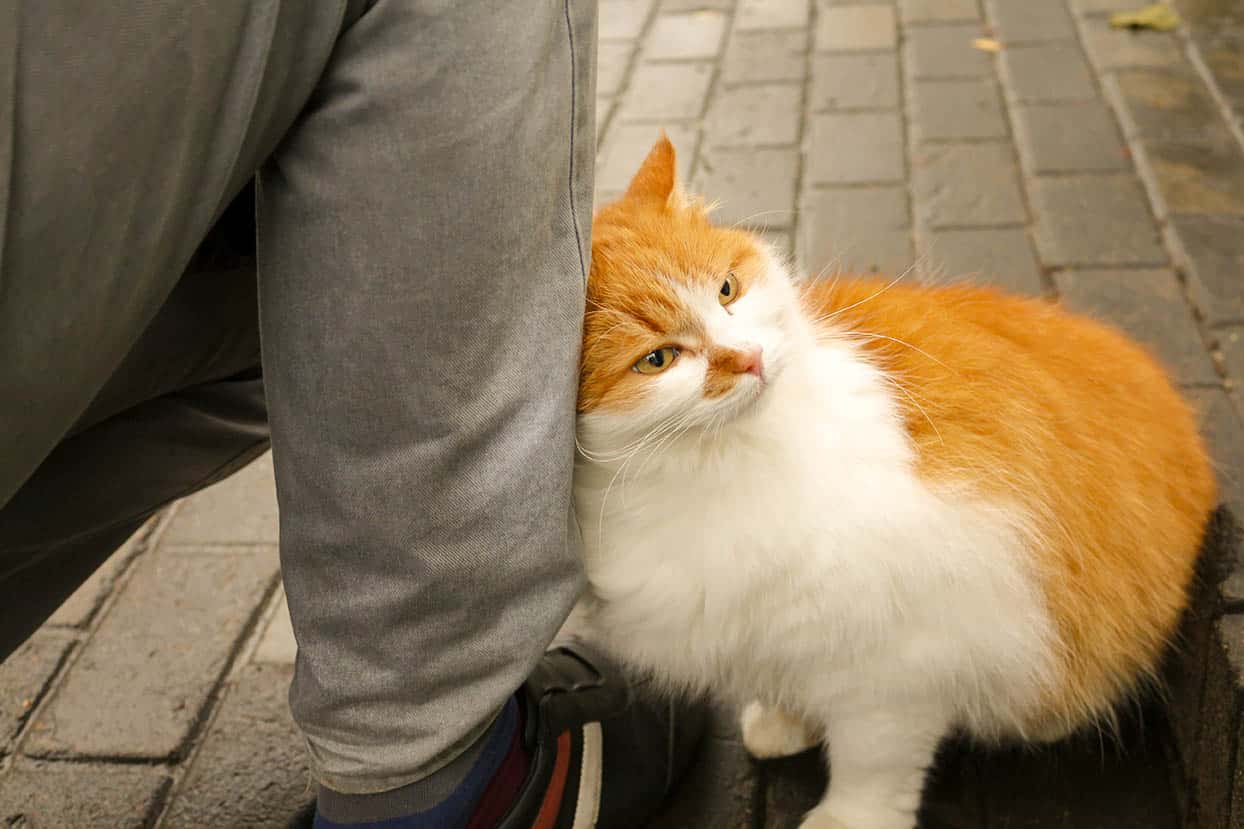
4. They’re Looking to Mate
If you have a sexually intact cat that’s started rubbing against everything in sight, it could be a sign that they’re ready to mate. This is especially true of females, and they will leave scent trails on objects to let males know that they’re available.
If you suspect that your cat is rubbing against objects because they’re in heat, you should make absolutely certain that they can’t go outside, or else you’ll soon be a cat grandparent. Cats can be industrious escape artists when looking to mate, so double-check every door and window. Or you could just dodge the situation entirely by getting them fixed.
5. They Want Attention
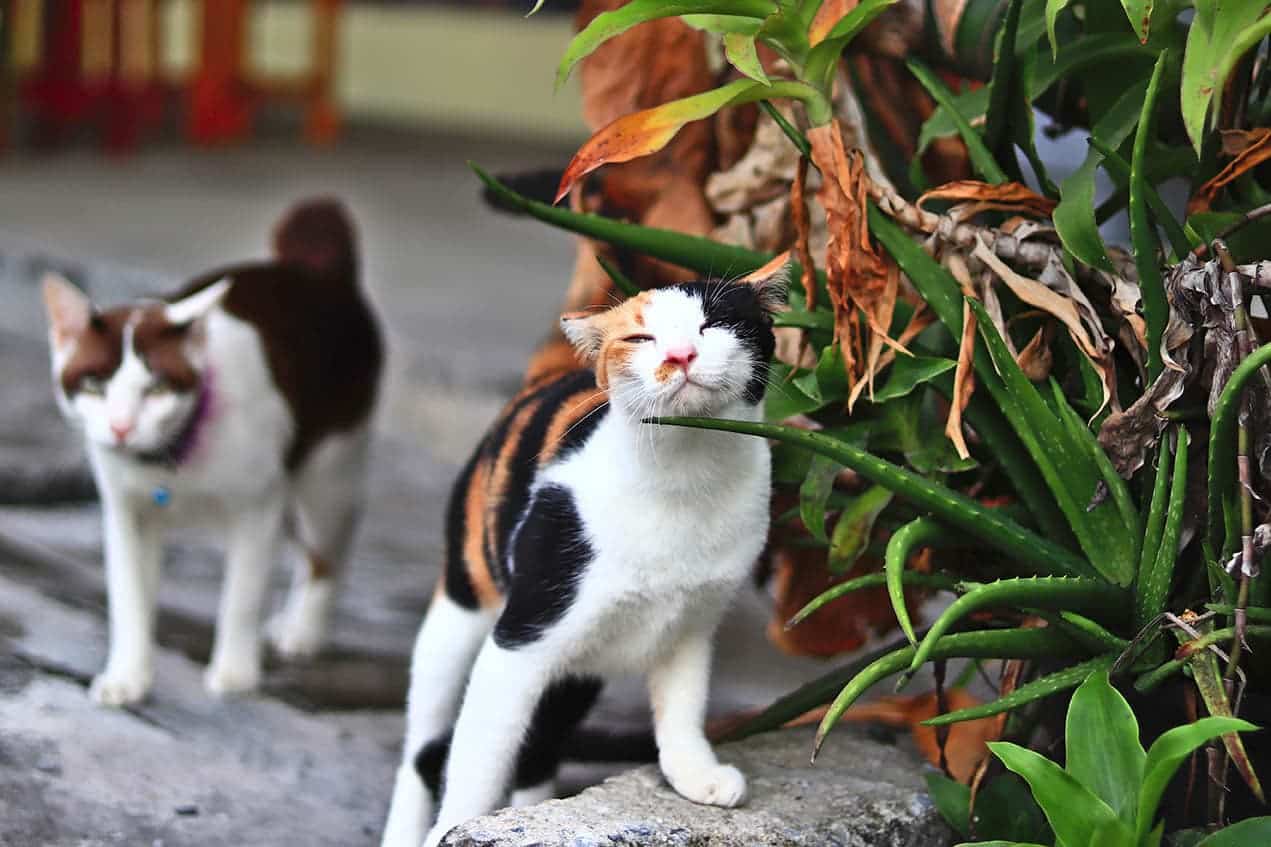
When your cat decides that it’s time for pettings, they generally won’t accept “no” for an answer. Chances are, they’ve learned that you can’t ignore something if it’s right in your face—so that’s exactly where they’ll put their face.
This is likely a learned behavior, so if you’ve made it a habit to give your cat food or affection every time they rub against you, then they’ll continue doing it when they want either of those things.
6. They’re Saying Hi
Many cats will rub their heads up against familiar felines when they see them; it’s a form of greeting. If they do this to you after you’ve been at work all day, it simply may be a way for them to reconnect with you.
This one is purely a theory, as there’s little evidence to support it at this time. However, the fact that head bunting is so common after you’ve been apart from your cat for most of the day suggests that there may be something to it. Bunting activity occurs mostly in their territory, and it seems to provide your cat with comfort, reassurance, and friendly social interactions.

What Does Your Cat’s Face Rubbing Mean?
Every cat is different, so your kitten may have reasons for rubbing up against things that only they’re aware of. However, chances are that this behavior can be explained by one of the discussed reasons.
Regardless of the reason, there’s nothing to be worried about if you notice this behavior. It’s just one of the ways that your cat communicates and interacts with the world—because apparently, yowling at the top of their lungs after midnight won’t do the trick.
Featured Image Credit: Pixabay

